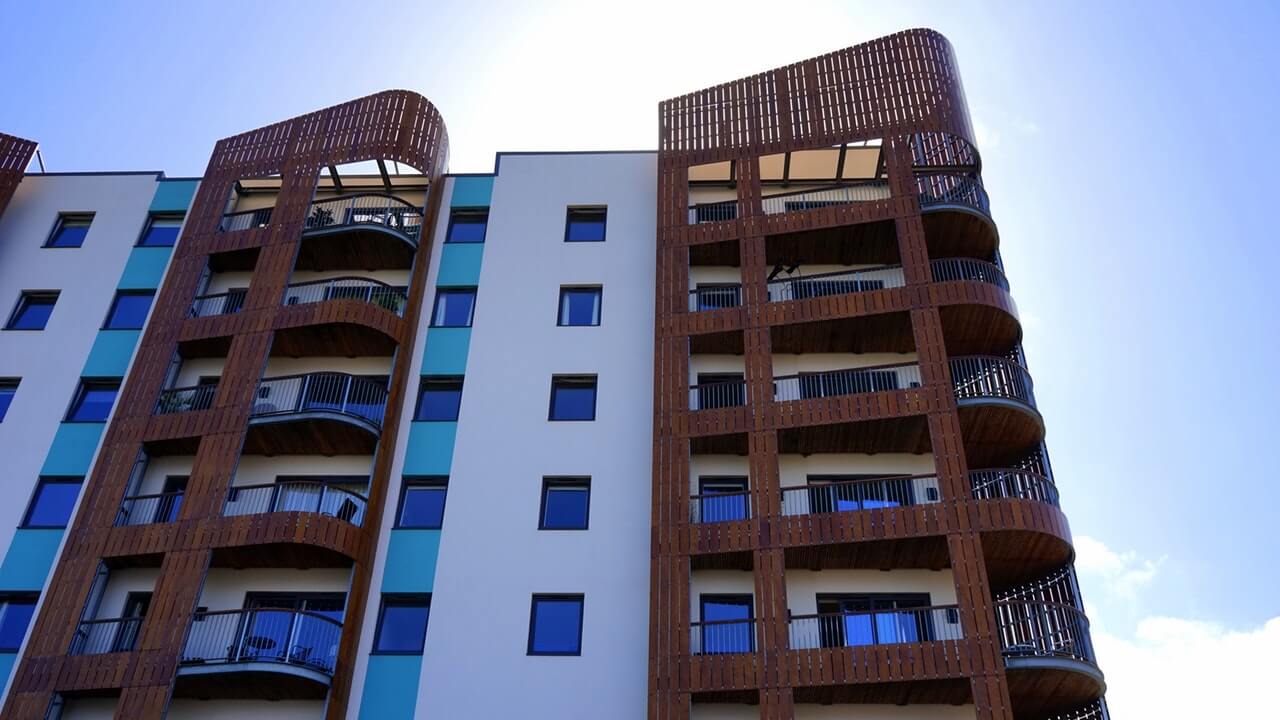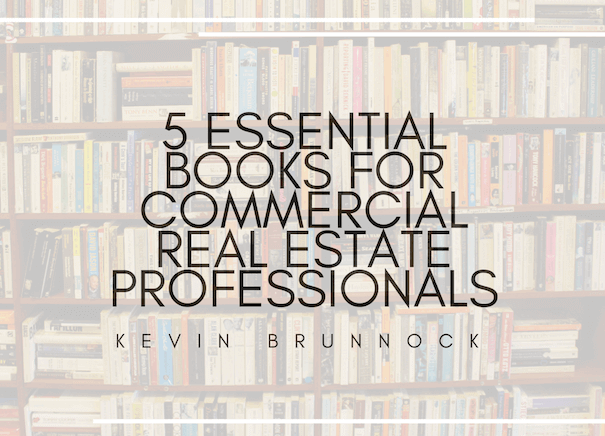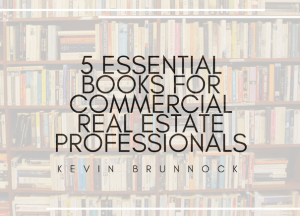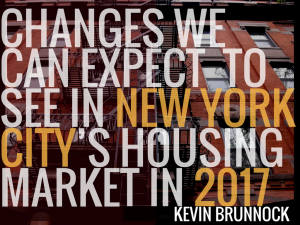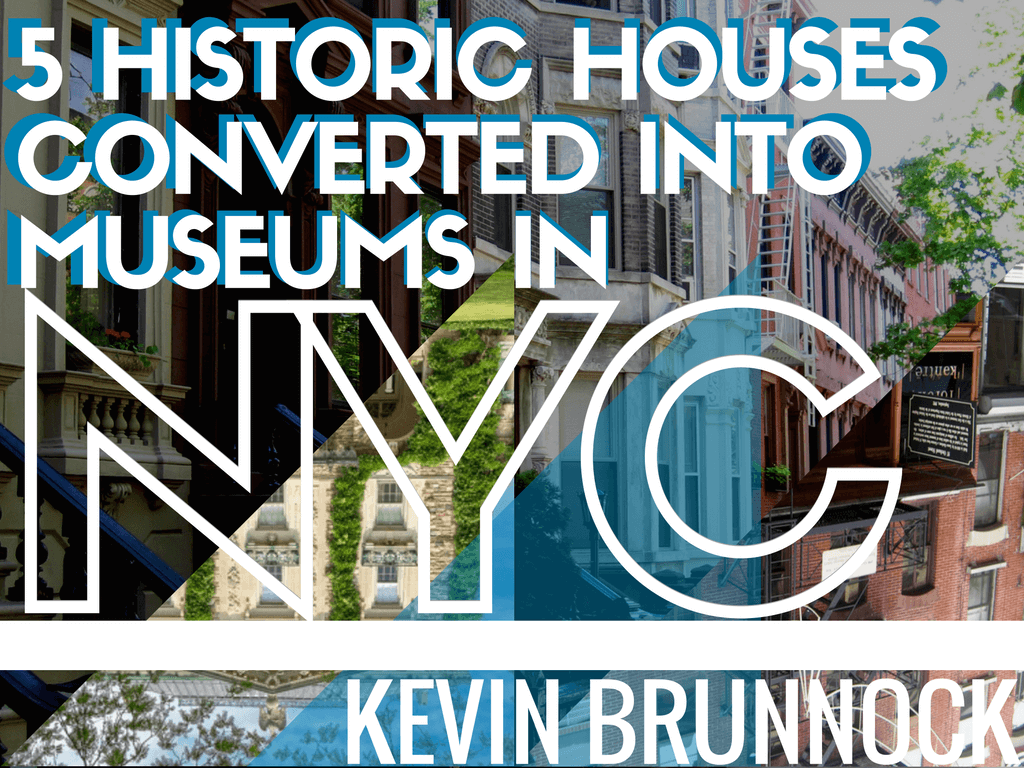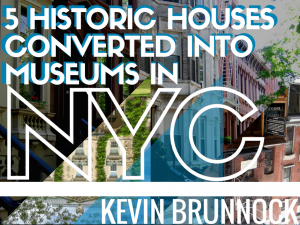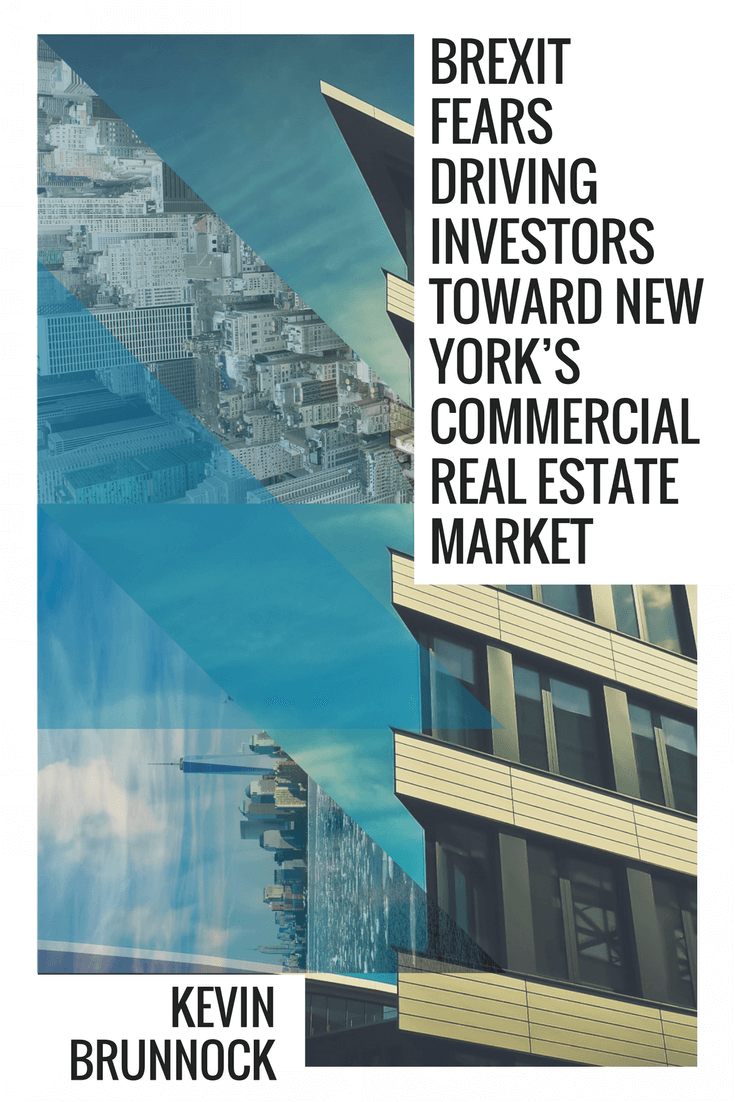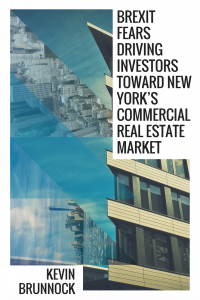The real estate business would be nothing without networking. To be a successful realtor or developer, you have to a strong, well-connected network. There are many tools you can utilize to build connections with professionals and in your community. These fundamentals for networking will give you ways to build your network and find new connections to grow your real estate business.
Find a supportive team
A great team can make all the difference when networking and it’s important to not limit your team to colleagues. Expand your network to individuals and local firms. Joining forces with real estate industry vendors, if they are not a direct competitor, can help build your clientele. By taking time to refer clients to them, they will do they same for you. Adding such vendors like contractors, master architects and lenders as your connections will greatly benefit your network. These professional connections will be a great help when developing a new property and heighten your chances for a successful transaction.
Have a professional website or blog
Digital marketing is essential to your real estate business and creates a great opportunity to network. This offers your clients something much better than a basic listing. More often than not, the first place clients go to look for a new home is online. By creating a website or blog for your business, you are offering your clients more visual appeal and gives new life to your listings.When it comes to selling a home, you’re really selling the location and lifestyle. Keep them engaged using new and original content about the neighborhood and community with local imagery instead of bland stock property photos.
Utilize social media
Becoming familiar with social media is one of the greatest networking tools for the real estate business. It’s a great way to connect with your clients and prospective clients in real-time. Social media offers great opportunities to share your knowledge with the public. By making yourself easily available on multiple social media platforms, you can share good press and promote your properties. Posting your listing on social media will help give you a more appealing and authentic voice for potential clients. Taking the time to interact on social media will help build your network and is one of the best ways to find new connections.
Attend networking events
Attending conferences and industry events lets you engage with other professionals and make connections to build your network. This will give you the opportunity to learn new market information and innovations from your colleagues. Conferences and events allow you to make connections from all over. If you have exclusively worked in one area for most of your career, gaining knowledge from professionals outside of your area can offer new insights and ideas.
Become a presence in your community
If you’re in the real estate business, your business is the community. By getting involved and creating a presence in your community, you will build you network. This will also give you insight to the neighborhoods of your properties and the people who live there. A few ways to do this is local sponsorship, volunteering, radio and media, career days at local schools, and developing partnerships with local businesses. With so many ways to get involved in your community, there are endless opportunities to build your network.
Building your network takes time and patience, but there are many ways to get you started. To be successful in the real estate business, you have to build your presence among your connections and your community. Only then, will your business gain the momentum you’ve been waiting for.
